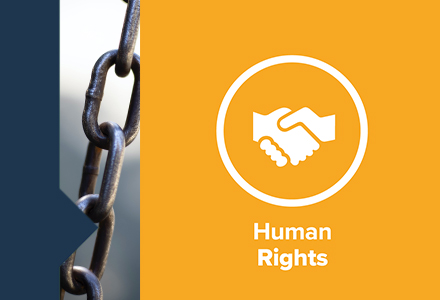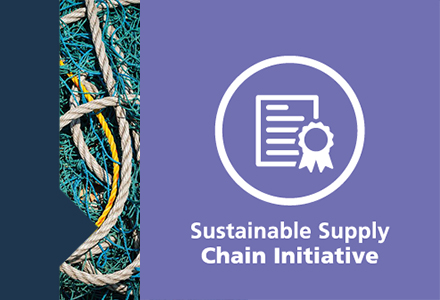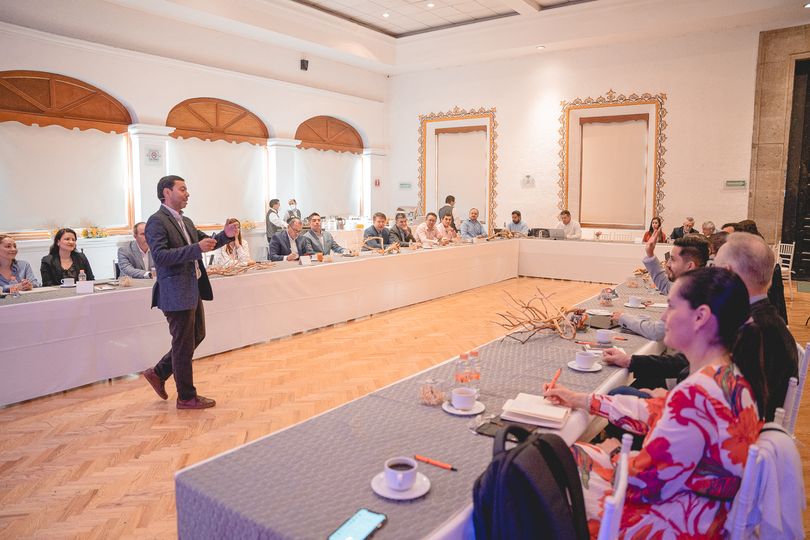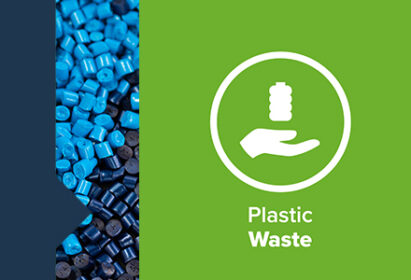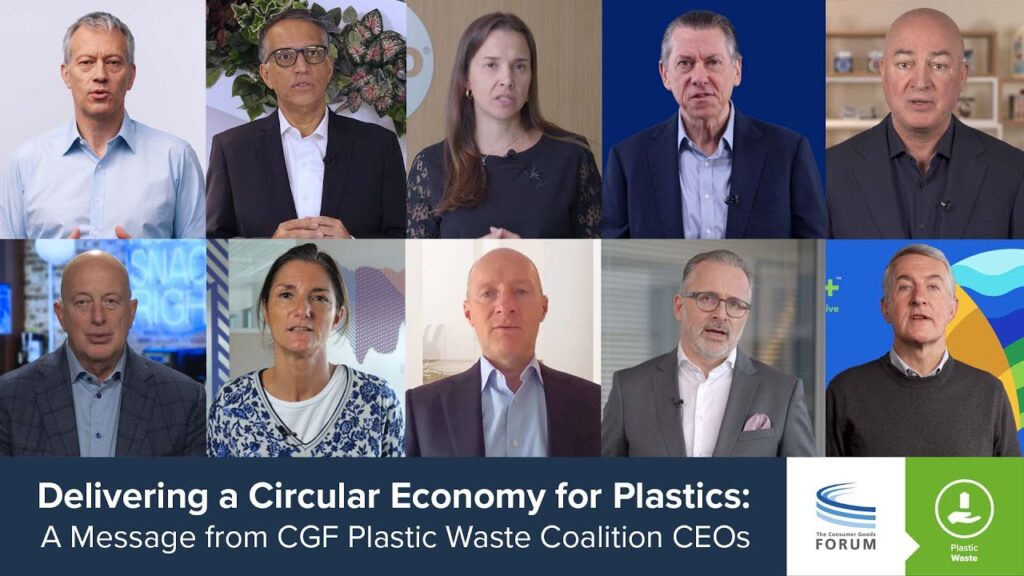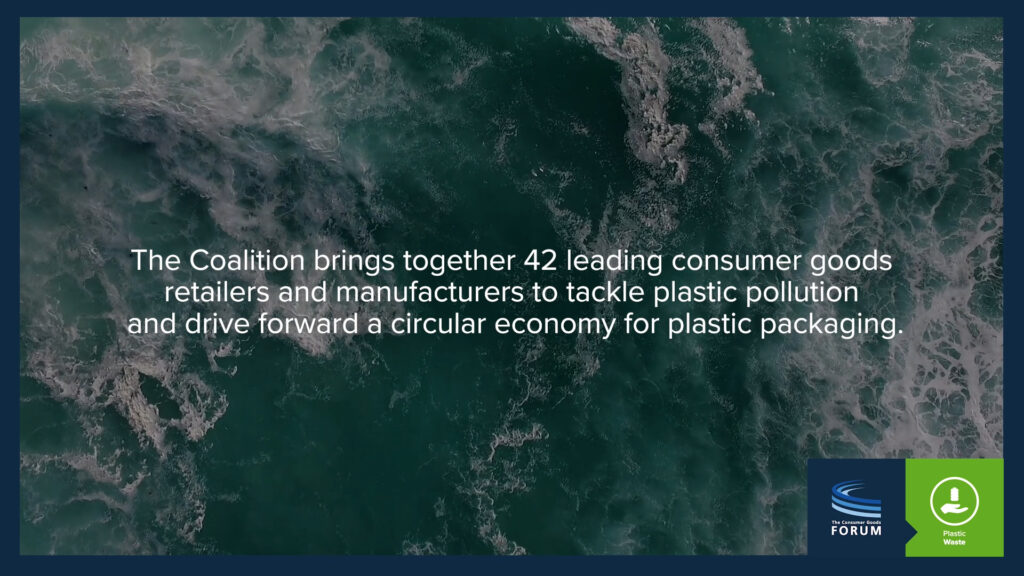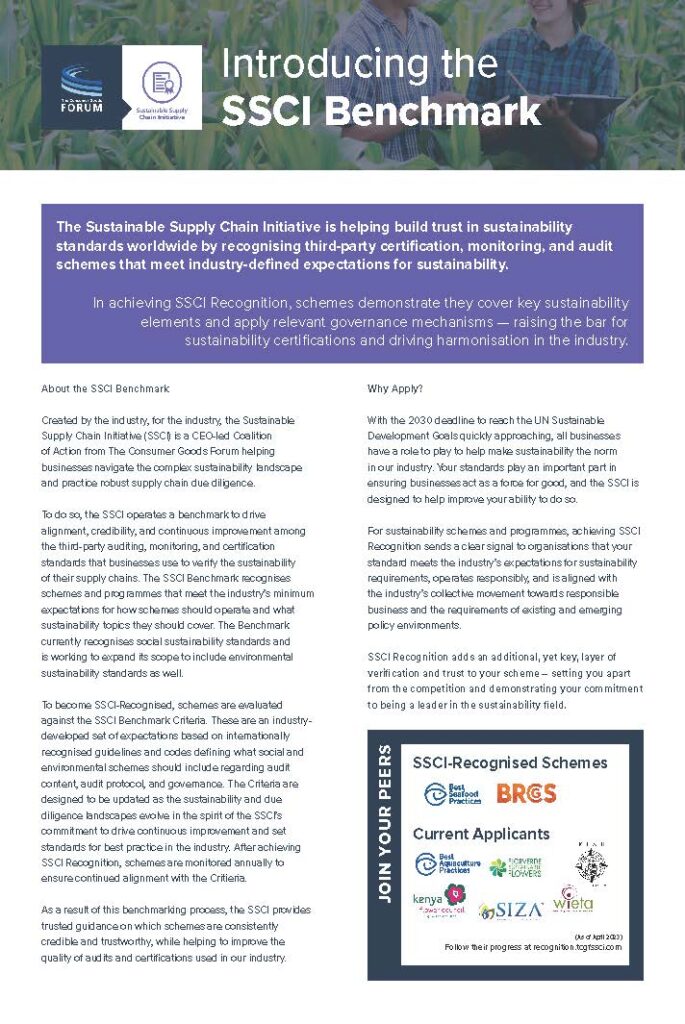Explore Tags
#E2E Value Chain, #C-suite, #Sustainable Retail Summit, #Social Sustainability, #Food Waste, #Product Innovation, #Supply Chains, #End to End Value Chain, #Walmart, #Consumer Health, #Packaging, #sustainable retail, #Human Rights, #Healthy Living, #Sustainable Supply Chain Initiative, #Employee Wellbeing, #AI, #consumer goods forum, #Social Responsibility, #SSCI, #Plastic Waste, #Amazon, #pladis, #Sustainability Standards, #Forest Positive, #WHO, #CGF, #Plastic Packaging,
